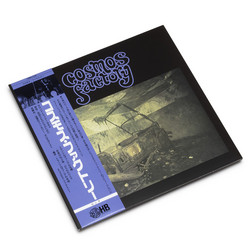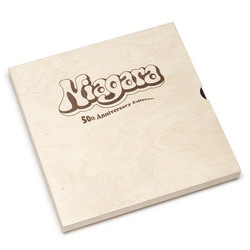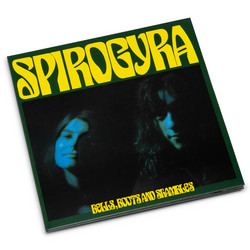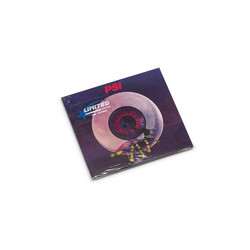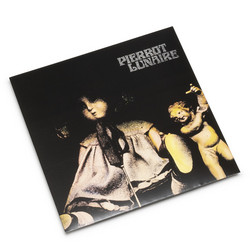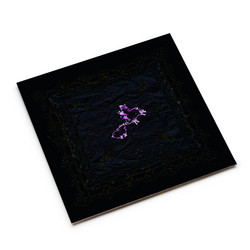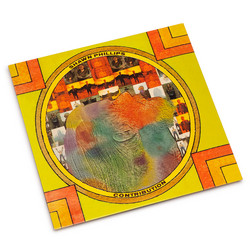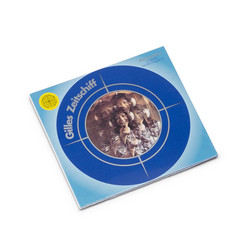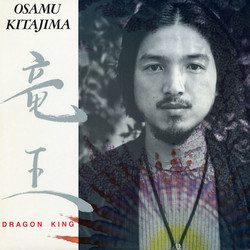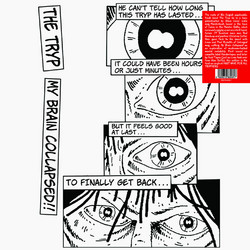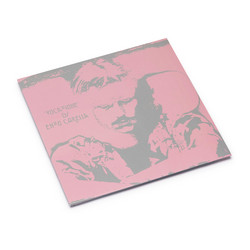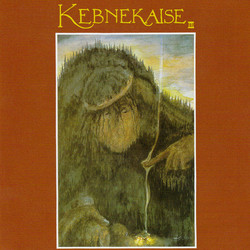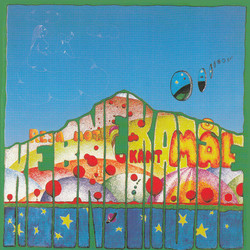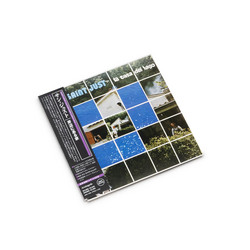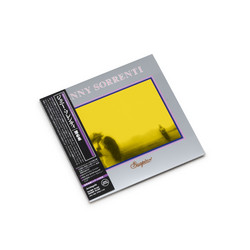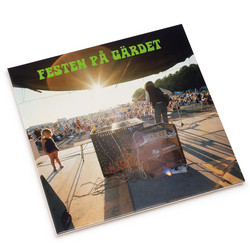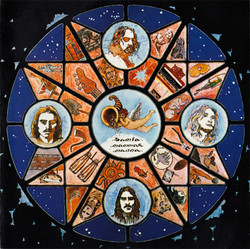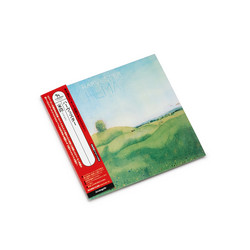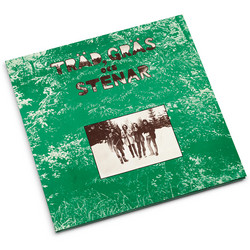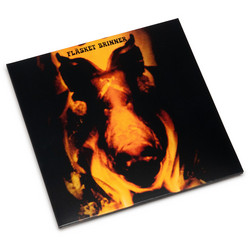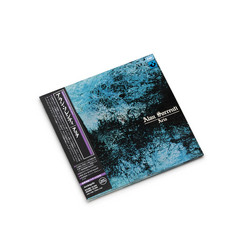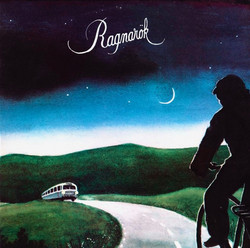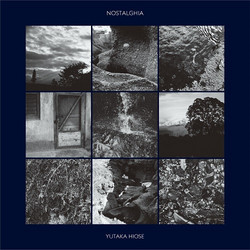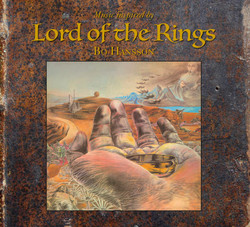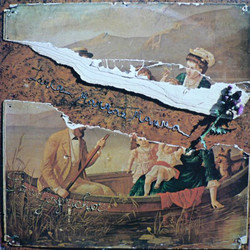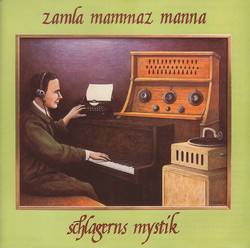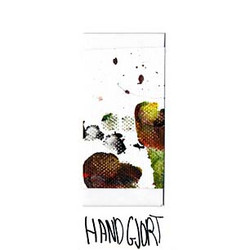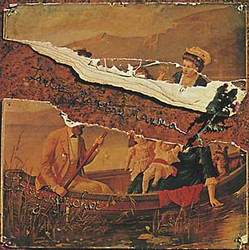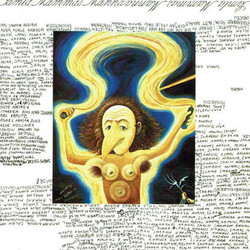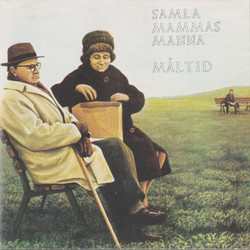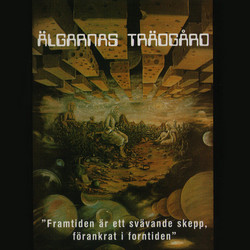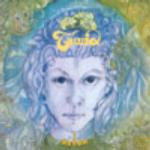In 1976, Swedish progressive folk-rock band Kebnekaise released their most audacious statement: Ljus från Afrika (Light from Africa), an album that traded their familiar Nordic melodies for an entirely African repertoire. What could have been cultural appropriation instead became something more nuanced—a document of genuine musical exchange that emerged from years of collaboration and friendship. The album's genesis lies in the band's relationship with Hassan Bah, a percussionist from Guinea-Conakry who joined Kebnekaise in the early 1970s. During bus travels between concerts, Bah played cassette tapes of his native music, gradually introducing the Swedish musicians to West African rhythms and melodies. As guitarist Kenny Håkansson recalls, "we all loved it"—a simple statement that belies the profound musical transformation that followed.
Ljus från Afrika represents Kebnekaise at their most adventurous. The album features tracks like "Doberela Woulo," "Silifé," and "Bèlemama" alongside "Bouncé Na Bouncé" and the closing "Brudarnas parti" (The Brides' Party). What distinguishes this work from other Western interpretations of African music is its restraint. Rather than overlay Swedish folk sensibilities onto African structures, Kebnekaise allows the source material to dictate the musical language.
The band's core—Håkansson's guitar, Mats Glenngård's violin, Thomas Netzler's bass, and Pelle Ekman's drums—provides a foundation that supports rather than dominates Bah's congas, timbales, and congoma. Guest saxophonist Christoffer Okonkwo adds further textural depth, creating arrangements that breathe with the communal spirit of traditional African music-making.
This cross-cultural experiment arrived perhaps too early for Swedish audiences. As one contemporary observer noted, the album "came too early, before the interest in Afro music started to grow in Sweden". Yet its prescience has become its strength. Ljus från Afrika anticipates the world music movement by nearly a decade, offering a template for cultural exchange based on respect rather than exploitation.
The album stands as testament to Kebnekaise's willingness to abandon comfortable territory for uncharted musical waters. Even on this radically different material, "you could clearly hear that it is Kebnekaise playing"—proof that authentic cross-cultural collaboration preserves rather than erases individual musical identity.
Ljus från Afrika remains one of the most compelling documents of Swedish progressive rock's internationalist spirit, demonstrating that the most profound musical statements often emerge when artists step outside their inherited traditions to discover new forms of expression.
